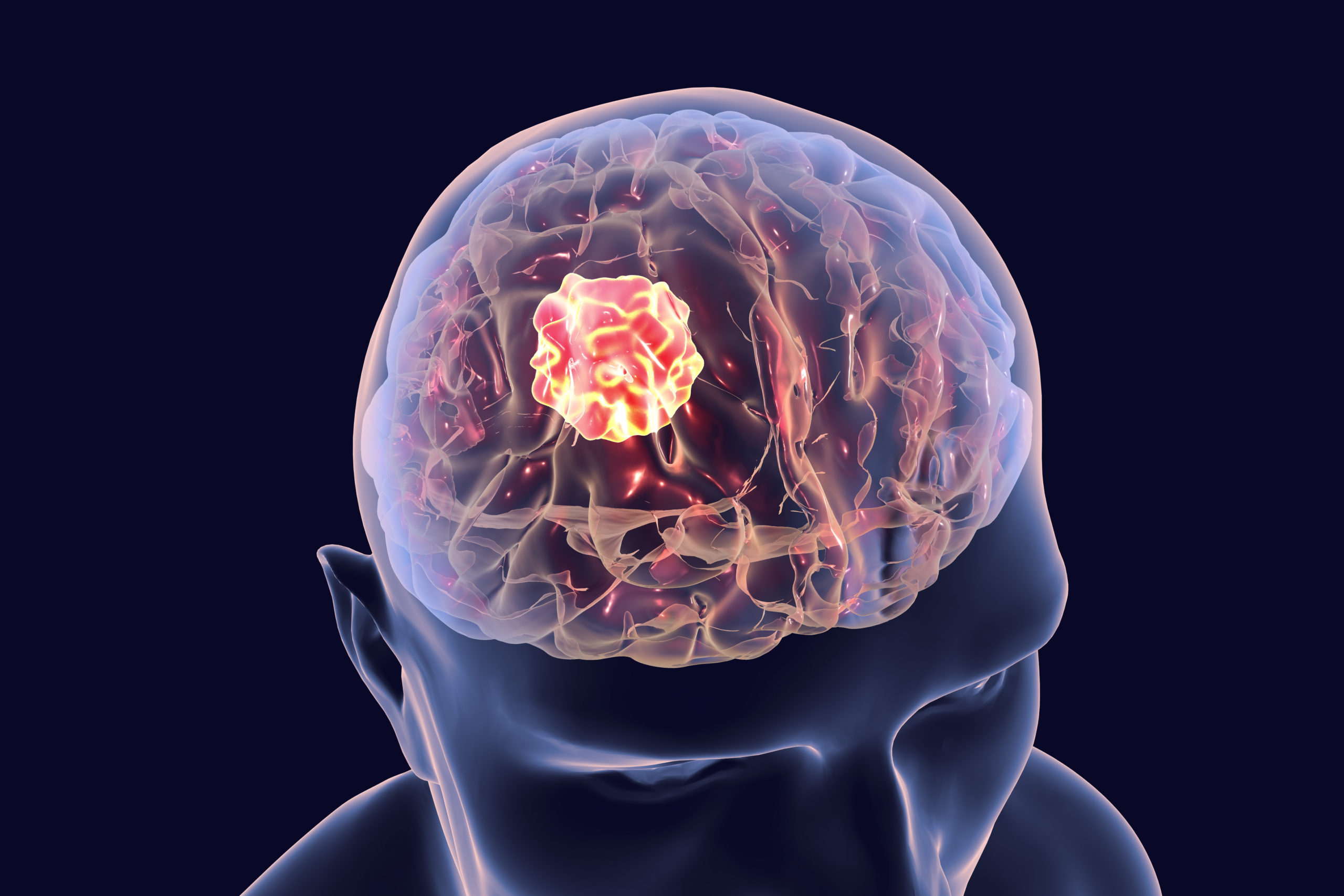Researchers identify two compounds capable of inhibiting the growth of brain tumor cells
Glioblastoma is a malignant tumor of the central nervous system (brain or spinal cord) and is one of the deadliest types of cancer. Few therapeutic options are available to combat this uncontrolled growth of glial cells, which make up a large proportion of brain tissue in mammals. Standard treatment is surgical removal of the tumor, followed by chemotherapy with temozolomide, radiation therapy, and nitrosoureas (a class of anticancer drugs). Patient survival has improved moderately over the years, but the prognosis remains poor. These tumors are typically resistant to existing drugs and often grow back after surgery. Promising results have been reported in a study involving two substances that inhibit glioblastoma cell proliferation. An article about the study was published in the journal Scientific Reports. The researchers conducted in vitro tests to evaluate the biological effects of 12 compounds obtained through the total synthesis of apomorphine hydrochloride (apomorphine is an active ingredient used in Parkinson’s therapy) against glioblastoma cells. They found that two of these compounds, a derivative of isoquinoline called A5 and a derivative called aporphine C1reduced the viability of glioblastoma cells, suppressed the formation of new cancer stem cells, and increased the efficacy of temozolomide (an anticancer drug).
Potentially therapeutic alkaloid compounds for the control of glioblastomas
“More research is needed to better understand the action of these compounds on cancer cells and normal, but the results obtained so far suggest a potential therapeutic application as novel cytotoxic agents for the control of glioblastomas”. Alkaloids are a well-known class of natural products with multiple pharmacological properties and are studied for their anticonvulsant, antiplatelet, anti-HIV, dopaminergic, antispasmodic, and antitumor effects. In particular, apomorphine is an alkaloid that interacts with the dopamine pathway and is widely used to control the motor impairments caused by Parkinson’s disease. “The results of this study are interesting, but they are only the first steps of a long journey. In vivo studies are still needed to confirm the effects of A5 and C1 on glioblastoma cells and non-tumor nerve cells,” Vettore said. If the results of this future research are also promising, it will be possible to move on to clinical trials to confirm the effectiveness of the compounds. “Once all these steps are completed, the compounds can finally be used to treat patients.






